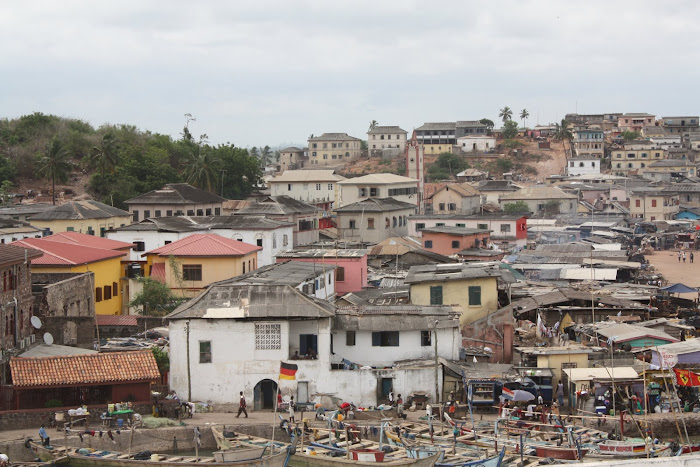
•Class will begin with Barack Obama’s speech at Cape Coast Castle in Summer of 2009. (See Obama Links) The teacher will lead the class through an interactive discussion about the end of the slave trade with the assistance of powerpoint presentation entitled “The End of the Slave Trade”. We will explore the economic, political and social conditions that contributed to England’s 1807 law abolishing the trade of slaves, though not slavery itself. At the heart of the discussion should be the following question: Was England’s motivation behind its abolition of the slave trade one that was based on morality or something else?
To explore this question more deeply, and to further examine the economic consequences that resulted from England’s decision, students will be assigned roles for a debate to be held on Day 6. The format of the debate is laid out below:
Slavery Debate
African Studies
The Problem: The year is 1809. It has been two years since the British Empire abolished the slave trade with its passage of the Slave Trade Act. Though England has yet to formally outlaw the act of slavery completely, it has taken itself out of the trade of slaves. To enforce this law, the British government has formed an anti-slavery squadron of ships that have begun to patrol the West African coast. Any merchant vessels encountered by the squadron and discovered to have any ties to England and/or British citizens aboard will be captured, the ship seized and cargo returned to the African coast. British citizens will be summarily tried in a court of law. Furthermore, any African leaders who refuse to do agree to Britain’s abolition of the slave trade will suffer possible action in the form of economic, political and potentially violent response.
Understanding that British merchants still dabbling in the slave trade will take any measures necessary to hide their continued involvement, the British government reserves the right to stop any and all merchant ships in this region in order to search for British citizens. Non-British ships will be released following a thorough search of its contents.
Setting the Scene: Though the year is 1809, what if we could have a debate that included interested parties both from that time through present day? If, for example, Frederick Douglass could have weighed in on the issue, or Olaudah Equiano, what might they have added to the conversation? How about Prince Abdul Rahman or Henry Louis Gates, Jr.?
For tomorrow, we will hold an in-class debate over the recent actions of the British government. Each of you will be assigned a specific character—past, present or future. You will be expected to do some minimal research in order to determine your character’s opinion on these recent events. In addition to this, you will need to write a one-page position paper in the voice of your character. In preparation for the debate, be able to answer the following questions:
•What is the immediate concern?
•How am I affected by this, either directly or indirectly?
•What are the economic, political and social implications of England’s actions? Do these concern me at all?
•Who might my allies be in the room tomorrow? Who will my greatest opponents be?
•What do I want the people in that room to know? In other words, what is my most convincing evidence and how can I present it?
Grading: You will be graded on the following criteria—
•Strength and cohesiveness of your argument, both written and spoken
•Historical accuracy---Have you effectively represented your character?
•Analytical reasoning (Taking what you already know and applying it to a real situation)
•Critical listening skills—Have you demonstrated an understanding of the ideas/thoughts of the others in the class and incorporated their arguments into your own discussion?
•Eloquence and confidence in your speech—Do you speak with confidence and clarity?
Characters:
British Intellectual
British Government Official
Benin Oba
Spanish Slave Trader
Asantehene
French Slave Trader
Portuguese Slave Trader
French Plantation Owner/West Indies
British Slave Trader
Prince Abdul Rahman
Equiano’s Mother
Olaudah Equiano
Owner of an American Tobacco Plantation in 1809
A 21st century Descendant of Abdul Rahman
Frederick Douglass
Benjamin Franklin
John Henry Newton
Priscilla
William Lloyd Garrison
Professor Henry Louis Gates, Jr.
Professor Joseph Opala
John Newton
